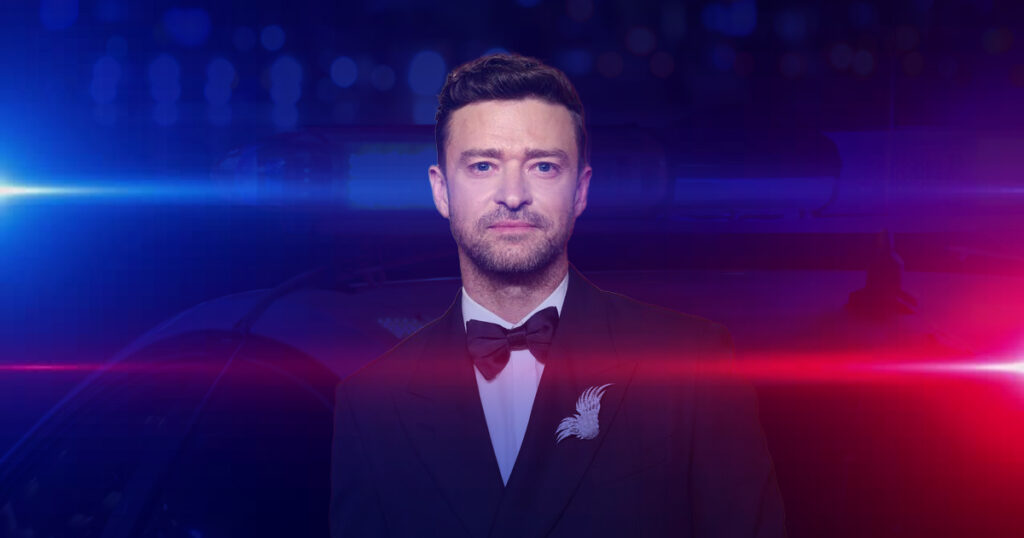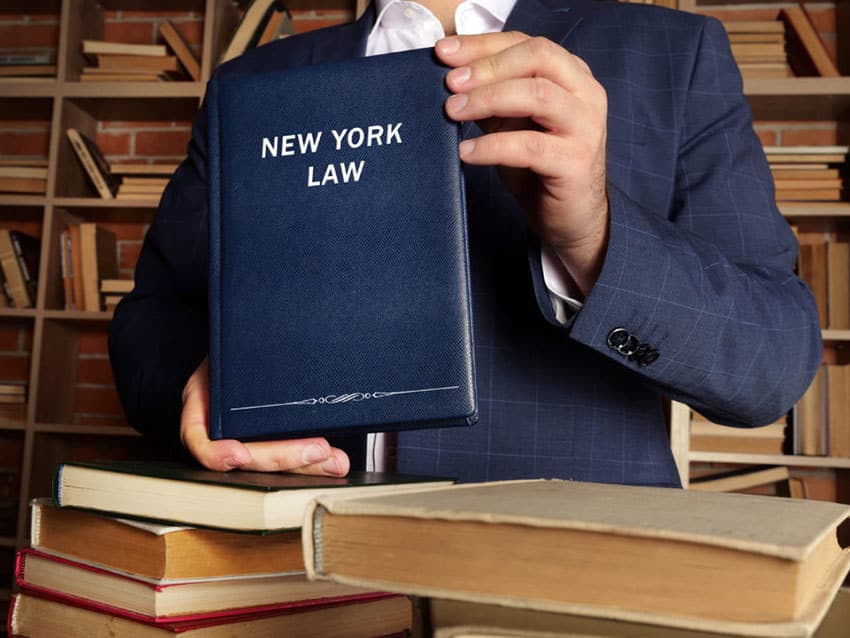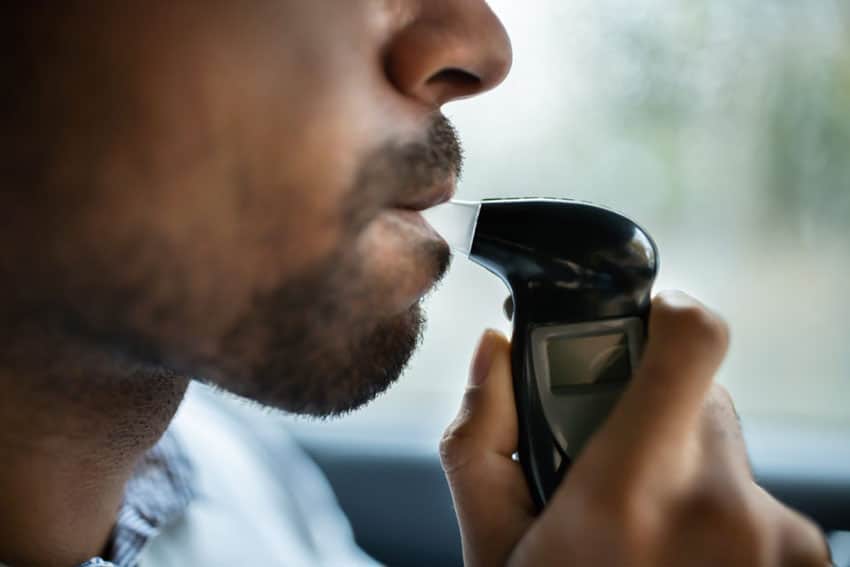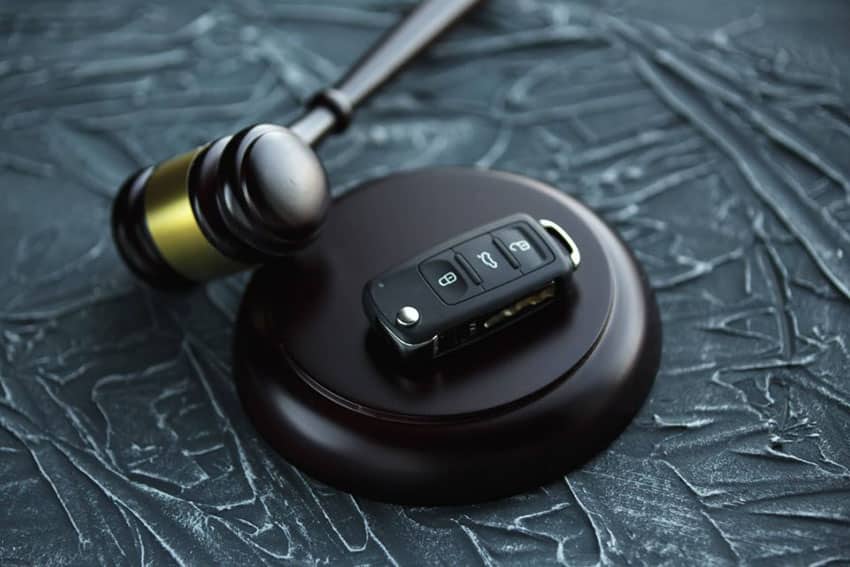The recent DWI arrest of renowned singer and actor Justin Timberlake has garnered significant media attention. In part, this media firestorm sheds some light on the intricacies and challenges of Driving While Intoxicated DWI cases. As an attorney specializing in DWI defense with the DWI TEAM, I believe it’s critical to provide an informed perspective on the legal implications and potential defenses involved in such cases, whether they are high-profile arrests, or they involve regular citizens such as you or me.
The Legal Landscape of DWI
DWI is a serious offense, and carries significant potential consequences. In New York, including where Timberlake was arrested and charged, there are two (2) types of DWI.
The first is DWI Per Se. DWI Per Se is based upon a driver’s alleged blood alcohol content (“BAC”), and is charged where the driver’s BAC is at or above 0.08%. A BAC of 0.08% or higher constitutes per se intoxication; in other words, where a driver produces a BAC of 0.08% or higher, there is a presumption (albeit rebuttable) that the driver is in an intoxicated condition. A BAC of less than 0.08%, though insufficient to warrant a charge of DWI Per Se, may be enough to justify a charge of Driving While Ability Impaired (“DWAI”).
The second is DWI Common Law. DWI Common Law is based upon a variety of factors, including any visual clues of intoxication observed by the officer, any admissions to drinking by the driver, an individual’s performance on field sobriety tests, and any erratic or unusual driving observed. Importantly, DWI Common Law does not require the determination of a driver’s BAC; as such, those drivers who refuse to provide a breath or blood sample to determine their BAC are charged with DWI Common Law.
As is standard practice where a driver does choose to provide a breath or blood sample to determine their BAC, Timberlake has been charged with both DWI Per Se and DWI Common Law. The reason for charging a driver with both types of DWI is to avoid an inability to prosecute that driver should, for some reason, the BAC reading be suppressed or otherwise invalidated.
Both DWI Per Se and DWI Common Law are unclassified misdemeanors in New York State. Thus, as a result of one or both of these charges, a driver faces a criminal record should they be convicted of, or plead guilty to, them. Further, the maximum allowable penalties under law for these charges include:
- Three hundred sixty-four (364) days in jail;
- Three (3) years of probation supervision;
- Mandatory installation of an ignition interlock device in any vehicle which the person owns, operates, or has registered in their name;
- Attendance at a Victim Impact Panel;
- Completion of the DMV’s Impaired Driver Program; and
- Maximum fine and surcharge of $1,400.
Further, there are a number of collateral consequences that someone should be aware of prior to entering a plea to, or being convicted of, DWI. These collateral consequences include possible negative immigration ramifications (including potential deportation), effects on international travel (in particular, difficulty entering Canada), increased automobile premiums (or even cancellation of coverage), and other civil fees.

Initial Arrest and Legal Procedures
Even when someone high-profile, like Timberlake, is arrested for DWI, they are subject to the same process and procedure as any other driver.
Prior to the arrest, the officer conducting the traffic stop must have reasonable suspicion of the commission of a traffic violation or other criminal activity to stop the vehicle. Such reasonable suspicion can stem from the observation of erratic driving, any traffic violation(s), or the operation of a sobriety checkpoint.
Following the traffic stop, the officer will often ask whether a driver has consumed any alcohol prior to driving. The officer will then likely ask the driver to step out of their car, to conduct field sobriety testing and potentially even blow into a portable, road-side breathalyzer, to determine possible intoxication.
Upon reaching a sufficient basis to warrant an arrest for DWI, the officer will place the driver under arrest, and take them into custody. The driver will then be transported from the side of the road back to a local police station, at which time they may be subjected to further questioning and testing. During this phase, it is critical that the driver’s rights be upheld, including the right to remain silent and the right to the advice and counsel of an attorney.
Potential Defenses in DWI Cases
As a defense attorney with the DWI TEAM, my role is to scrutinize every possible detail of a driver’s arrest for DWI. I do this to identify any possible defenses. Here are some key aspects we often consider:
- Reasonable Suspicion for the Stop: Was the initial traffic stop justified? If the officer lacked a valid reason for stopping the vehicle, any evidence obtained thereafter might be inadmissible in court.
- Accuracy of Field Sobriety Tests: Field sobriety tests are subjective and can be influenced by various factors such as medical conditions, fatigue, or even the type of footwear or other clothing worn. Challenging the reliability of these tests is often a critical defense strategy.
- Breathalyzer Calibration and Maintenance: Breathalyzer machines must be properly calibrated and maintained to ensure accurate readings. Any lapse in protocol can cast doubt on the BAC results.
- Violation of Rights: Ensuring that a driver’s constitutional rights were not violated during the arrest process is paramount. Any infringement, such as not being read Miranda rights or being denied access to an attorney, can significantly impact a case.
- Alternative Explanations for Behavior: There are numerous reasons someone might exhibit signs of impairment or intoxication that are completely unrelated to alcohol consumption. These reasons might include taking prescription medication, diagnosis of medical conditions, or even stress.
The Importance of a Strong Defense
For anyone, whether a public figure like Justin Timberlake or an everyday citizen like you or me, the repercussions of a DWI conviction extend far beyond legal penalties. The impact on one’s reputation and career can be substantial. Therefore, it is imperative to mount a robust defense to mitigate these consequences.
In defending any client, my approach is methodical: I painstakingly ensure that no stone is left unturned. By meticulously examining all evidence, challenging procedural missteps, and fiercely advocating for my client’s rights, I aim to achieve the best possible outcome for those I represent.
Conclusion
Justin Timberlake’s DWI arrest serves as a reminder of the complexities of any DWI arrest. As a defense attorney with the DWI Team, my commitment is to uphold justice, to challenge the evidence presented, and to provide an unwavering defense on behalf of my clients. Through diligent legal representation, I strive to ensure that everyone, regardless of fame or public stature, is treated fairly and with justice.
By Justin Lange, DWI Defense Attorney with the DWI TEAM












